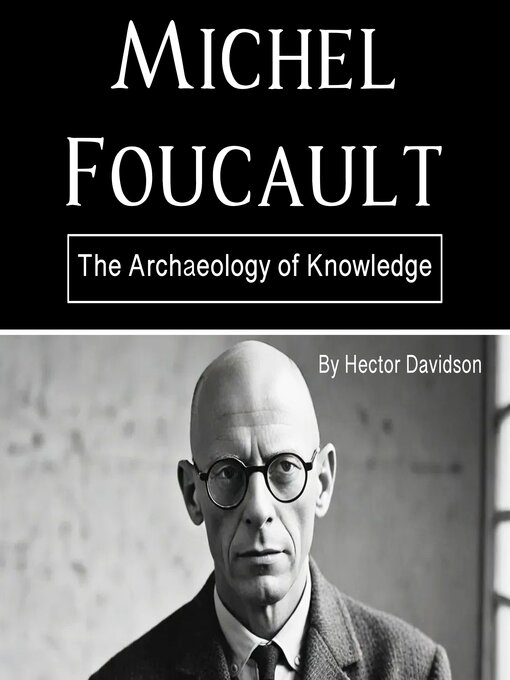Michel Foucault, a French philosopher, historian, and social theorist, is renowned for his critical exploration of power, knowledge, and social institutions. Born in 1926, Foucault's work spans a range of disciplines, from philosophy to sociology, psychology, and political science. His intellectual journey reflects a unique approach to understanding human societies, focusing not on abstract metaphysical systems but on the structures that shape human behavior, knowledge, and institutions.
Foucault's work is marked by a critique of the traditional ways of understanding the relationship between individuals and society. He challenged the dominant historical narratives and sought to uncover the deeper structures of power that influenced the development of knowledge. One of his central ideas was that knowledge and power are intimately connected—knowledge is not neutral but shaped by power relations that determine what is considered true or false. In this sense, his work was not just theoretical but deeply political, as it explored how systems of power create the conditions for knowledge and vice versa.
Foucault's philosophy is often associated with his concept of "genealogy," a method he developed to investigate historical processes and the ways in which ideas, norms, and practices evolve over time. However, it is in his "archaeology of knowledge" that he makes his most significant philosophical contributions. The archaeological method is a way of analyzing the historical layers of knowledge and uncovering the deep structures that underlie our understanding of the world. Unlike traditional historiography, which tends to focus on narratives and individuals, Foucault's archaeology examines the discourses and institutions that create and maintain knowledge, highlighting the ways they shape and limit what can be known.
